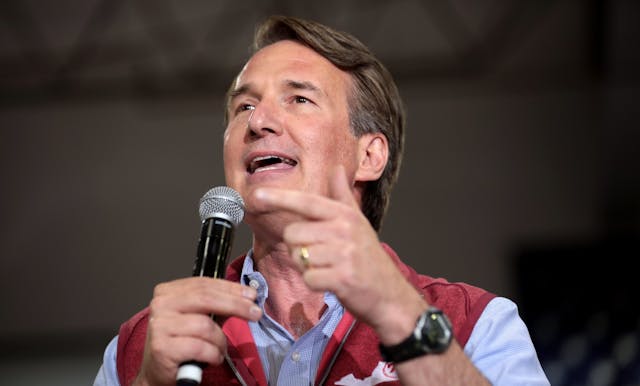Ted Cruz is Right About Keystone -- But Not for the Reasons He Thinks

Washington Post, U.S. Senator Ted Cruz (R-TX) will outline his plan for what he calls an "energy renaissance" in the United States at Heritage Action for America's 2014 Conservative Policy Summit. As intriguing as this sounds, all indicators suggest that it won't be so much of a "renaissance" as it will be an expansion of energy talking points we have heard from members of the Republican Party for a while now: decreasing federal regulations to allow an increase in hydraulic fracturing (fracking), more off-shore drilling, ending the crude oil export ban, and reducing EPA regulations.
"Yes, President Obama should drop his political opposition to the Keystone pipeline," the senator is expected to say. "But we also need to think bigger than Keystone. We need an energy policy that goes beyond Keystone. Here we stand with our toes at the edge of an energy revolution that could sweep the nation, providing an untold number of new opportunities and well-paying jobs."
Ted Cruz is right when he says the GOP needs to think bigger than the Keystone XL Pipeline, but not quite for the reasons he is going to lay out. Yes, the United States has an opportunity to enter an "energy revolution." However, this will not happen by continuing to rely solely on the same sources of energy -- i.e. fossil fuels -- but seeking out more sustainable sources of energy which would allow the United States not only to be truly energy independent, but would allow the nation to remain competitive on a global scale.
Obviously, though, this transition will not be immediate. Not only must we find a reliable, sustainable alternative, but the nationwide adoption of this alternative would take years. Therefore, the Keystone XL Pipeline should not be dismissed so easily, especially if it furthers current energy goals and creates jobs.
However, that raises another issue: jobs.The January jobs report was dismal at best -- 113,000 net growth. This spurred some Republicans to increase calls for allowing the Keystone XL Pipeline in the U.S. because of the jobs it would create. While reports on the number of jobs that would actually be created under Keystone conflict with each other, the number many Republicans and conservatives like to quote is over 40,000 -- including Bill O'Reilly during his Super Bowl Sunday interview with Barack Obama.
Creating as many as 42,000 jobs is great, but it is also not even a measurable percentage of the labor force. The CBO's report on the impact the Affordable Care Act would have on the labor force said it would affect the equivalent of 2 million full-time jobs in the next few years. This, according to the CBO, is just 1 percent of the entire labor force. We can't reduce the jobs debate to talking points on the Keystone pipeline because big picture estimates suggest that it would have an unmeasurably small impact on the labor market.
Still, that is thousands of Americans who otherwise might remain unemployed, so why not move forward with Keystone?
Ted Cruz is right. The Republican Party needs to think bigger than Keystone, but he is not exempt from this and this can extend to the Democratic Party as well. Discussions on energy and jobs need to go beyond tired partisan talking points and certainly shouldn't be reduced to the national policy on one energy project. We need a real discussion of what is needed to make America energy self-sustainable and to get Americans back to work because right now the focus remains short-term and inadequate.


